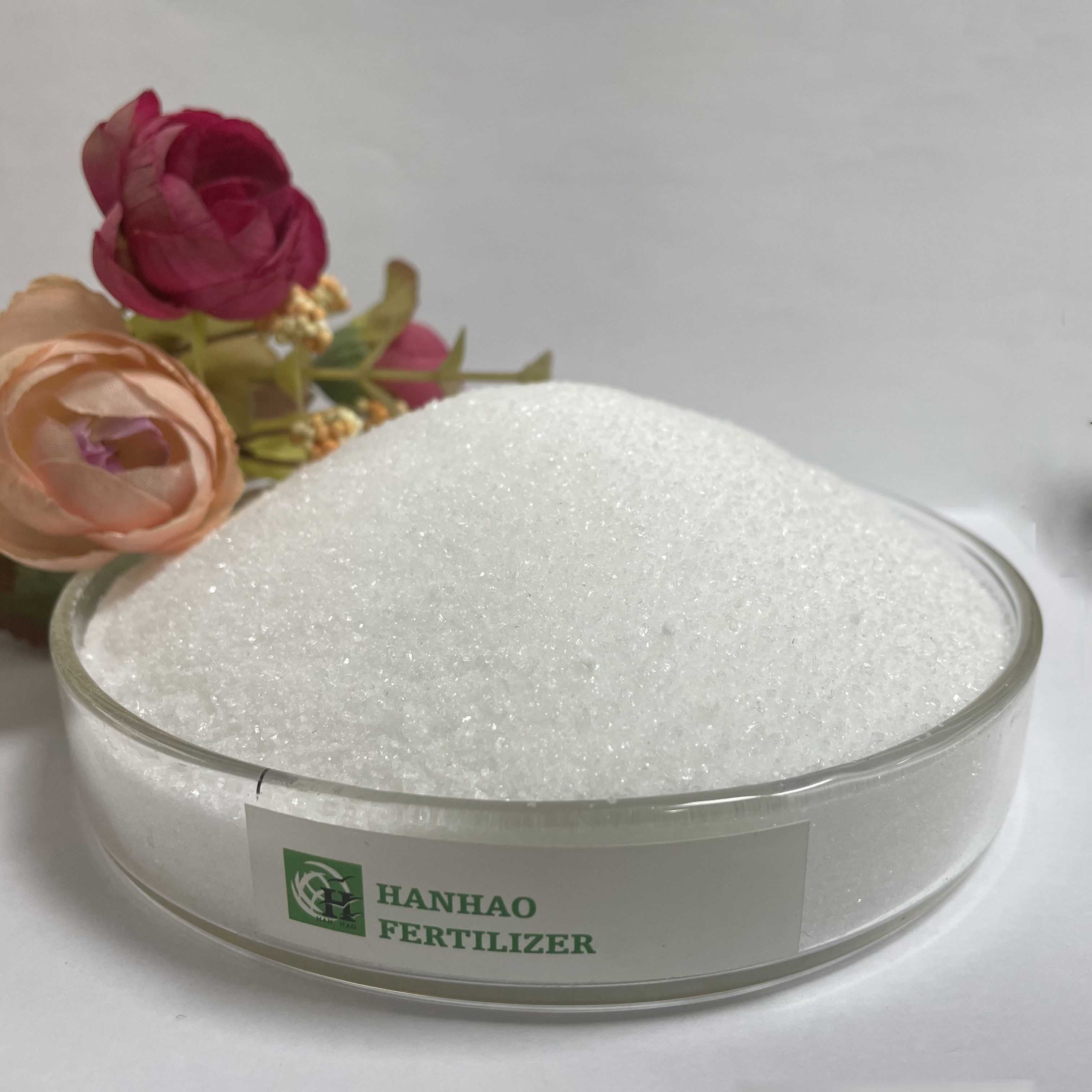
Dec . 31, 2024 17:56 Back to list
NPK Fertilizer Manufacturing Plants and Their Importance in Agriculture
The Role and Importance of NPK Fertilizer Factories
In the ever-evolving world of agriculture, the quest for increased crop yield and sustainability has led to a surge in the production of chemical fertilizers, specifically NPK (Nitrogen, Phosphorus, and Potassium) fertilizers. These three essential nutrients play a critical role in plant growth and development. As global demand for food rises, NPK fertilizer factories are becoming increasingly vital to support agricultural productivity.
Understanding NPK Fertilizers
NPK fertilizers provide a balanced supply of the three primary nutrients necessary for plant health. Nitrogen (N) is essential for the growth of leaves and stems, as it is a key component of chlorophyll. Phosphorus (P) contributes to root development, flowering, and fruiting, while potassium (K) helps regulate various processes such as water retention, enzyme activation, and photosynthesis. The ratio of these nutrients is often represented as three numbers on fertilizer packaging (e.g., 10-20-10), indicating the percentage of N, P, and K present in the fertilizer.
The Demand for NPK Fertilizers
With an ever-growing population, the demand for food is predicted to increase significantly in the coming decades. According to the Food and Agriculture Organization (FAO), the world will need to produce approximately 70% more food by 2050 to feed a projected population of 9.7 billion. To meet this demand, farmers must adopt more efficient agricultural practices, and NPK fertilizers offer a practical solution. As a result, NPK fertilizer factories play a crucial role in ensuring that farmers have access to the nutrients necessary for optimal crop growth.
Manufacturing Process of NPK Fertilizers
The production of NPK fertilizers typically involves a series of chemical reactions and processes. The main raw materials include ammonia, phosphoric acid, and potassium chloride or sulfate. These materials are combined in various ratios to create the desired nutrient profile. The manufacturing process often includes granulation, where the mixed materials are granulated to produce uniform-sized pellets. These pellets are then dried, cooled, and packaged for distribution.
Advanced NPK fertilizer factories employ state-of-the-art technology to maximize efficiency and minimize environmental impact. Many facilities have adopted sustainable practices, such as waste recycling and the use of renewable energy sources, to reduce their carbon footprint.
npk fertilizer factories

Challenges Faced by NPK Fertilizer Factories
Despite their crucial role in agriculture, NPK fertilizer factories face several challenges. Environmental regulations are becoming increasingly stringent, requiring manufacturers to implement greener production methods and reduce emissions. Moreover, fluctuations in the prices of raw materials can impact the cost of production, leading to price instability in the market.
Additionally, the growing awareness of the environmental effects of excessive fertilizer use poses a challenge. Overuse of NPK fertilizers can lead to soil degradation, water pollution, and loss of biodiversity. As a response, the industry is moving towards the development of controlled-release fertilizers and precision agriculture techniques, which aim to optimize nutrient application and minimize waste.
The Future of NPK Fertilizer Factories
Looking ahead, NPK fertilizer factories must adapt to the changing dynamics of agriculture. The integration of technology, such as digital farming and IoT (Internet of Things), is expected to revolutionize fertilizer application and management. By utilizing data analytics and precision farming techniques, farmers can effectively tailor their fertilizer use to specific crop needs, thereby enhancing efficiency and sustainability.
Moreover, the demand for organic fertilizers is on the rise as more consumers seek sustainably produced food. NPK fertilizer factories that incorporate organic materials or offer bio-based alternatives may find themselves at an advantage in this evolving market.
Conclusion
As the backbone of modern agriculture, NPK fertilizer factories play an indispensable role in ensuring food security worldwide. They provide the essential nutrients needed for crop growth and are crucial in meeting the demands of the growing global population. However, with increasing scrutiny on environmental practices, these factories must innovate and adapt to sustainable manufacturing processes. By doing so, they can continue to support farmers while safeguarding the planet for future generations.
-
High-Quality NPK Fertilizer Raw Material Manufacturer & Supplier Trusted Factory Exporter
NewsJul.08,2025
-
Organic 20-20-20 Plant Fertilizer Supplier Premium Organic Fertilizer Manufacturer
NewsJul.08,2025
-
Ammonium Sulfate Fertilizer Market - Leading Manufacturer, Supplier & Factory Solutions
NewsJul.08,2025
-
Premium Water Soluble Fertilizer 20-20-20 Reliable Manufacturer & Competitive Prices
NewsJul.07,2025
-
10-52-10 Fertilizer Supplier – Premium NPK Compound & Granular Fertilizers for Crop Growth
NewsJul.07,2025
-
Best Blueberry Organic Fertilizer - Premium Factory & Supplier Boost Your Blueberry Yield
NewsJul.07,2025
